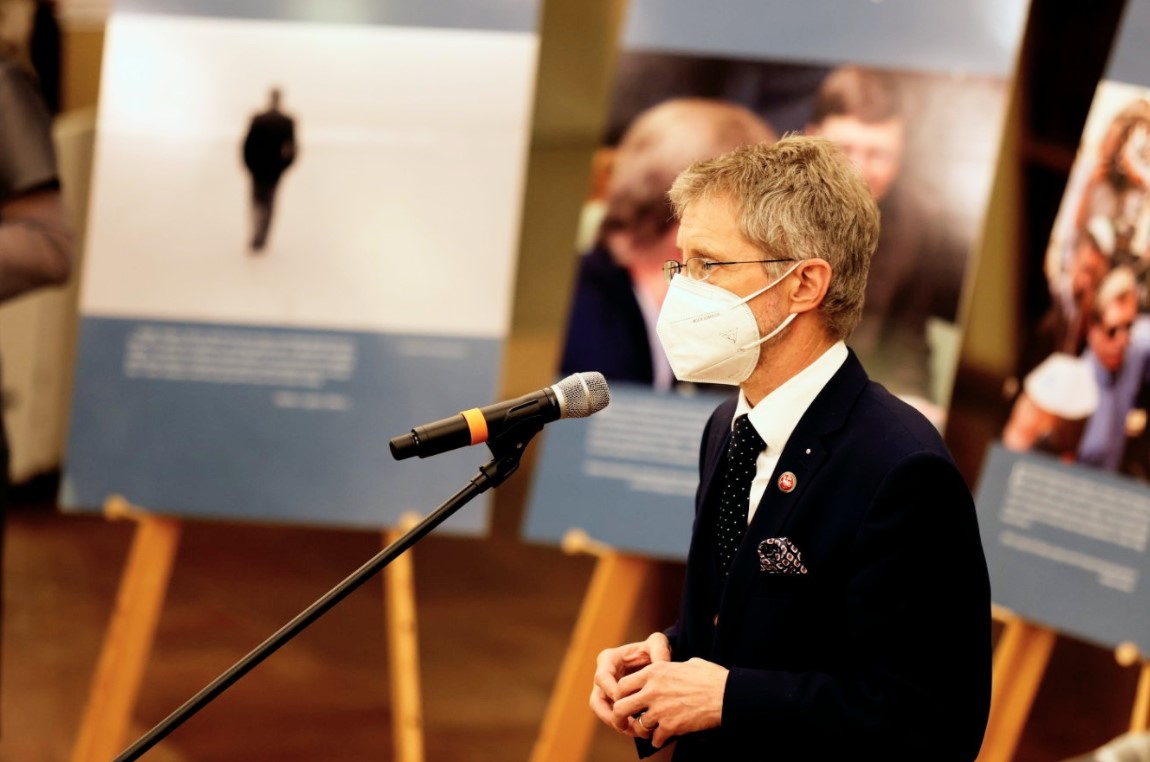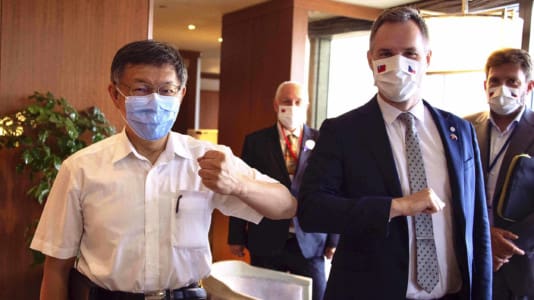The Czech Republic can meet its climate commitments only if the EU promotes nuclear and gas as clean energy sources, said Czech Senate President Miloš Vystrčil to journalists at the end of his two-day visit to Brussels.
This summer, the European Commission presented a package of proposals to help meet the goal of reducing greenhouse gas emissions by at least 55 percent by 2030 compared to 1990 levels.
The Czech Republic demands that the European Commission provide financial support and allow access to technologies to replace the gradual decommissioning of coal-fired power plants.
“I am convinced that we will find a compromise. The European Commission has promised to adopt another act that will allow for the use of nuclear and gas in such a way as to avoid, for example, energy poverty,” said Vystrčil.
The Commission should publish a so-called taxonomy, a classification of energy sources according to their impact on the environment, by the end of November. In addition to member states, investors who plan to invest their money in environmental projects are waiting for this. The new rules have been postponed several times due to various disputes over support for nuclear and gas.
Last week, the Czech senate did not support parts of the Fit for 55 climate plan, as it opposes the expansion of the emissions trading system as well as the new framework for energy taxation.
According to Vystrčil, it will also be crucial for the EU to stop setting sub-targets for the Green Deal since these are usually based solely on the assumption that certain technologies will be developed. Vystrčil added that the Commission should, to a greater extent, leave it to the individual states to decide how they will reach the final climate goal.
The Czech Republic will take over the presidency of the Council of the European Union in July, and the future Czech government intends to reserve an individual ministerial position for EU-related issues.





